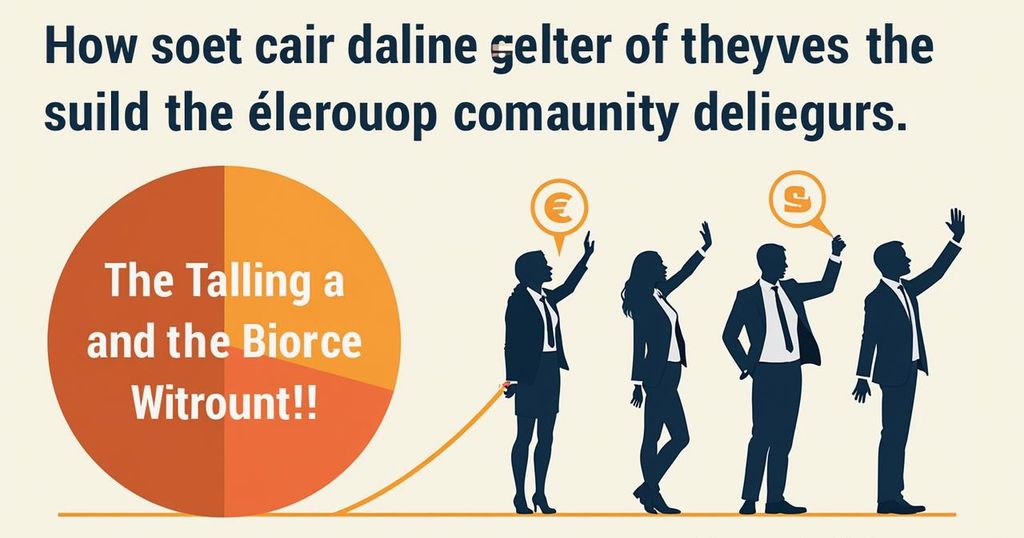Enhancing Inclusion During Election Years: A Call for Empathy and Understanding
The article advocates for increased inclusion during election years, highlighting historical and contemporary commentary on childbearing and pet ownership. It critiques divisive political rhetoric targeting childless individuals while emphasizing the importance of empathy and solidarity, illustrated through historical anecdotes. The discussion touches upon societal norms, expenditure trends on pets, and the implications of demographic shifts in the United States.
The topic of societal inclusivity during election years has resurfaced, as illustrated by a notable cartoon from the St. Louis Post-Dispatch dated January 14, 1900, depicting a whimsical view on parenting versus pet ownership. The cartoon depicts fashionable women throughout the early 20th century choosing exotic pets over raising children, culminating with a satirical remark about the rarity of a real baby in 1920. This discussion is reminiscent of contemporary debates surrounding family planning and the societal norms pertaining to childbearing, particularly amidst the rhetoric of political figures such as JD Vance, who critiques the notion of “childless cat ladies.” The longstanding practice of exploiting divisions among groups for political advantage is not novel; it raises the essential point that those who voice criticisms should recognize the substantial presence of those they target. The growing demographic of pet owners in the United States, who collectively spent over $186 billion on pet care in recent years—surpassing childcare expenditures—exemplifies the cultural significance and familial bonds associated with pets. Moreover, the observations made by the Governor of Arkansas, Sarah Huckabee Sanders, regarding the humbling influence of parenthood invite scrutiny. Her implication that childless women lack humility reflects a pervasive societal attitude that can further alienate individuals without children. The discourse surrounding the need to bolster birth rates in response to demographic shifts invites comparisons to historical policies of family limitation in countries like China, highlighting the complexity of reproductive choices. The underlying concern of “replacement” theory within the United States, where fears of demographic changes among native-born populations are prevalent, demonstrates the historical pattern of othering groups perceived as different. This phenomenon of vilifying those who do not belong to the majority is deeply entrenched in human history and often leads to societal division and conflict. An illustrative narrative shared by the late Jess Nelson serves to highlight the need for empathy and solidarity against such divisive attitudes. Nelson recounted intervening to protect a young Black Army recruit from harassment while traveling on a train during World War II, exemplifying the values of justice and kindness towards individuals irrespective of their backgrounds. Today, there exists a critical need for individuals who embody such qualities, as communal understanding and acceptance are paramount for societal harmony.
The article discusses the theme of societal inclusivity, particularly during election years, with historical and contemporary perspectives on childbearing and pet ownership. Reference is made to an early 20th-century cartoon that portrays the societal norms around parenting versus pet keeping. The piece also reflects on current political rhetoric deemed divisive, particularly surrounding the decisions of individuals to have or not have children, and how this rhetoric may be exploited for political gain. In recounting an anecdote from a World War II veteran, the article underscores the importance of empathy and justice in the face of societal prejudices.
In summary, the call for greater inclusivity during election years is underscored by the examination of historical attitudes towards parenting and pet ownership. Political rhetoric that seeks to divide rather than unite communities creates unnecessary friction. Advocating for kindness and understanding, as exemplified by individuals like Jess Nelson, is essential to nurturing an inclusive society that respects individual choices and fosters community cohesion.
Original Source: dailymontanan.com




Post Comment